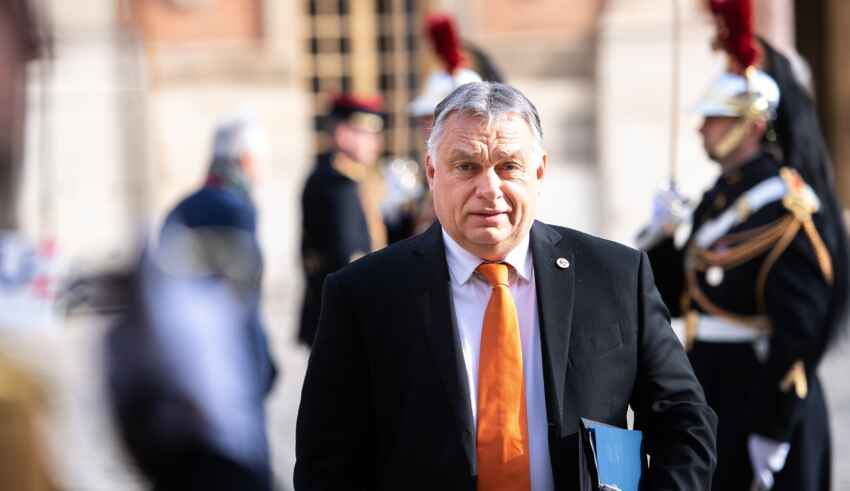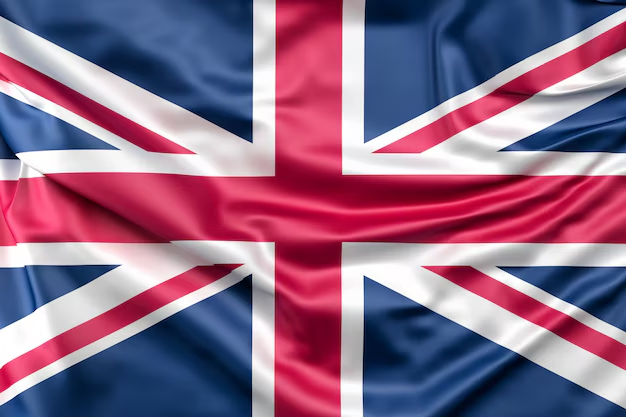
Hungary entered the EU through the great enlargement of the Union in 2004. Since then and for some time it was considered, together with Poland which was part of this group, the success story of European enlargement. All this, of course, at the time when the EU was prosperous before the financial crisis and the political austerity. When EU entered into era of crises, Mr. Orban came to power in Hungary (in 2010) and everything about the country started to change.
Under Orban’s rule, Hungary has gone from being a darling child to a thorn in the EU’s palm. The Union, through the European Parliament and its committees, often accuses Orban of violating EU regulations and values, undermining the rule of law and exploiting EU funds to enrich its allies for his own benefit. Hungary, on the other hand, moans about EU overreach.
In the last decade, relations between Brussels and Budapest have been constantly strained, starting with the period of refugee flows when Hungary was one of the leading countries against the reception of refugees. Since then, the Fidesz’s leader has clashed often with the bloc over issues such as judicial independence, public procurement, targeting of the civil society, LGBTQI+ rights, migrant rights, freedom of speech, academic and religious freedoms. The conflicts with the EU nevertheless no longer concern only the institutional part of the union.
Russia’s invasion of Ukraine brought new clouds to the country’s relations with the EU. Solidarity with the Ukrainian people was expressed by the EU from the first moment of the invasion, both through statements by high-ranking officials and in practice through the provision of financial assistance to Kiev’s government on the one hand and imposing sanctions on Moscow on the other. Viktor Orban, the Russian president’s closest ally in the EU, has been against imposing sanctions from the start. There are not a few times he has stated that Hungary does not believe in the sanctions policy, “If it were up to us, there would not be a sanctions policy,” Orban said. Hungary, like many other European countries, is supplied with gas from Russia, so it considers a policy that will separate the European market from the Russian market as damaging. This position certainly helped her to achieve a better (individual) agreement with Moscow for gas supplies during the winter.
The ongoing conflict and Hungary’s deviations from the European line seem to have tired the Europeans. The European institutions have been intensifying their controls against Orban lately. The European Parliament voted 433 to 123 with 28 abstentions on September 15 to approve a report that said Hungary had become “a hybrid regime of electoral autocracy” under the leadership of Fidesz’s nationalist government and that its undermining of the Union’s democratic principles had slide the country towards an undemocratic regime. Orban reacted angrily after the EP stated that Hungary was no longer a “full democracy.”
Hungary’s continued refusal to adapt to the bloc’s regulations, especially regarding the rule of law, prompted the Commission to recommend freezing 13 billion euros ($13.8 billion) in funds earmarked for Hungary. For his part, Orbán, after unleashing accusations of Hungarophobia, under the pressure of inflation that his country is experiencing, backed down on the block he had on Ukrainian financial aid in exchange for unfreezing a part of the fund.
This, of course, was not the first bitter comment of the Hungarian leader against the EU. From the moment “Qatar Gate” became widely known, the far-right Leader directly attacked the European Parliament, accusing it of duplicity in matters of corruption. Of course, similar statements were made by other far-right leaders such as Marie Le Pen and European leaders such as Polish President Andrzej Duda. Orbán’s criticism reached its peak in his annual interview with international correspondents, one of the rare times he agrees to address them. There Orban said that “The Hungarians would like for the European Parliament to be dissolved in its current form,”. “The degree to which the reputation of the European Parliament in Hungary has been damaged is easy to answer not at all, because it couldn’t have been any lower.” He even used a phrase of former US President Donald Trump saying it was time to “Drain the swamp” in Brussels.
The glass between the European Parliament and Orban has been broken for good. However, Orban’s arrogant attitude towards EU institutions is not a responsibility of the EU Parliament. Since he came to power a decade ago because he was a significant ally of the EPP ruled Council of Europe and Angela Mercel in their austerity policy towards the South, he was left unchecked to violate EU principles. The slide of Hungary toward authoritarianism and widespread corruption is above all the responsibility of the European Council (and the member states) that they did not reprimand Orban all these years for his policies. If we continue to tolerate Orban’s attitude, we will find ourselves in difficult situations. The extreme right is lurking to “take over” the bloc, in Italy Meloni is already prime minister, in France Le Pen is increasing her percentages. If the European Union does not give a clear message that attitudes and actions like those of the Hungarian leader are not tolerated, it will have to face new troubles in the future.
By The European Institute for International Law and International Relations.














